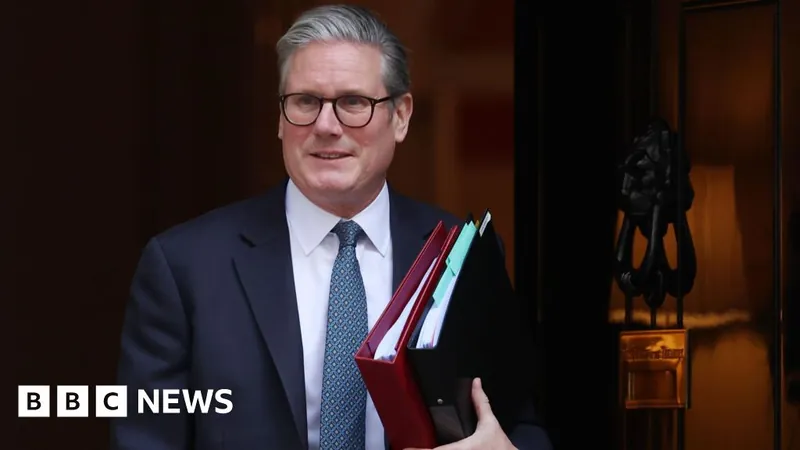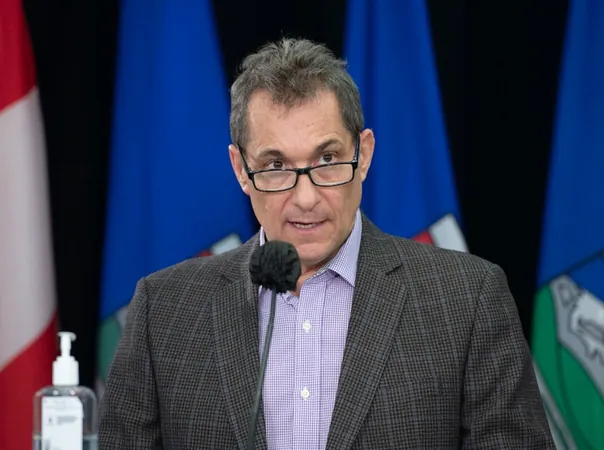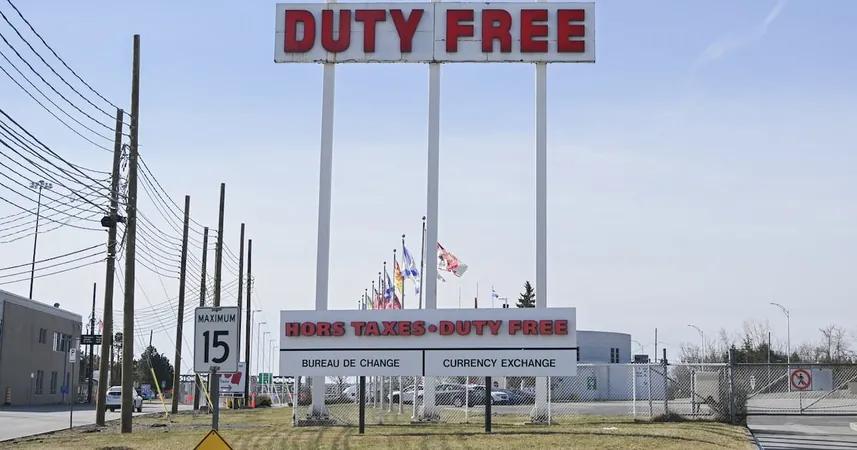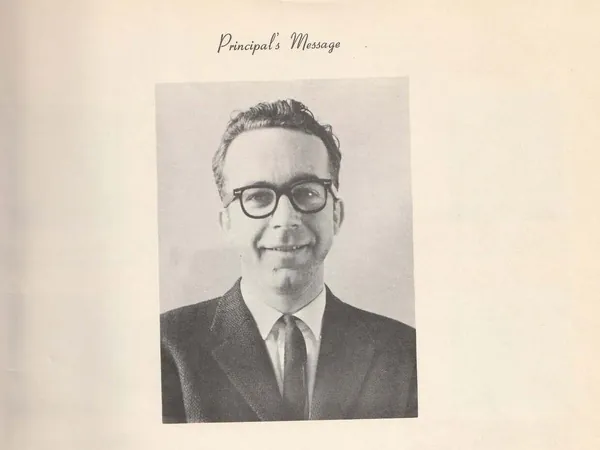
How Keir Starmer Plans to Shield British Business from Trump's Tariff Storm
2025-04-06
Author: Amelia
Introduction
In a bold move to safeguard the UK economy, Prime Minister Sir Keir Starmer announced on Sunday that he is ready to leverage industrial policy to protect British businesses from the looming repercussions of US President Donald Trump's latest tariffs. With a sweeping 10% tariff applied to all imports into the US and a staggering 25% tariff imposed specifically on car imports, the stakes have never been higher for the UK economy.
The Car Industry at Risk
In 2024, cars and auto parts represented the UK's largest export category to the US, valued at an impressive £9 billion. However, the auto industry is currently grappling with the added pressure of a hefty 25% tariff that came into effect last Thursday. Compounding this challenge are stringent regulations mandating that an increasing number of vehicle sales be electric, leading to heightened anxiety among automotive manufacturers.
To address these pressing concerns, Sir Keir is set to make an announcement in the West Midlands on Monday, likely easing certain targets for the auto industry. While the anticipated ban on the sale of petrol and diesel vehicles by 2030 remains intact, it seems there may be newfound flexibility regarding annual electric vehicle sales requirements. This leniency could also benefit manufacturers of luxury brands like Aston Martin and Rolls-Royce, who are traditionally smaller volume producers.
Implementing Anti-Dumping Safeguards
A significant worry among industry leaders is that goods originally intended for the US may flood into the UK market, potentially destabilizing local prices and undermining homegrown suppliers. The UK government, alongside the European Union (EU), has previously implemented safeguards that limit the influx of foreign steel, imposing tariffs when those limits are exceeded. There are indications that these safeguards may be reinforced or reintroduced to shield various sectors from the pressure of unwanted imports.
Active discussions are underway within the Department for Business and Trade, as they consult with the Trade Remedies Authority to assess the potential threats to the UK industry and develop necessary measures to combat any import influx.
Boosting Investment Initiatives
To counteract the economic fallout, the government plans to accelerate a series of investments in UK industry and infrastructure, originally scheduled for later in the year. These timely initiatives are intended to reflect the urgency of the current crisis facing British businesses and stabilize the economy amidst uncertainty.
Forging New International Alliances
As efforts intensify to negotiate better terms with the US, UK officials are simultaneously targeting trade agreements with countries significantly affected by the new tariffs, such as India, which now faces a 26% tariff on its exports. These new alliances could pave the way for enhanced mutual market access and economic opportunities, although navigating these complicated trade negotiations usually takes considerable time.
However, the recent economic upheaval has prompted the government to push for rapid resolutions, shortening timelines that would typically span years. The focus now is clear: securing the best deals possible to bolster the UK's economic standing in the wake of these challenging tariffs.
Conclusion
With these strategies in play, the question remains—can Keir Starmer effectively shield British industry from this tariff onslaught? The coming days will reveal the government's response to this economic crisis, and whether their plans can mitigate the damage from this “economic shock.” Keep a close watch on this unfolding story!









 Brasil (PT)
Brasil (PT)
 Canada (EN)
Canada (EN)
 Chile (ES)
Chile (ES)
 Česko (CS)
Česko (CS)
 대한민국 (KO)
대한민국 (KO)
 España (ES)
España (ES)
 France (FR)
France (FR)
 Hong Kong (EN)
Hong Kong (EN)
 Italia (IT)
Italia (IT)
 日本 (JA)
日本 (JA)
 Magyarország (HU)
Magyarország (HU)
 Norge (NO)
Norge (NO)
 Polska (PL)
Polska (PL)
 Schweiz (DE)
Schweiz (DE)
 Singapore (EN)
Singapore (EN)
 Sverige (SV)
Sverige (SV)
 Suomi (FI)
Suomi (FI)
 Türkiye (TR)
Türkiye (TR)
 الإمارات العربية المتحدة (AR)
الإمارات العربية المتحدة (AR)